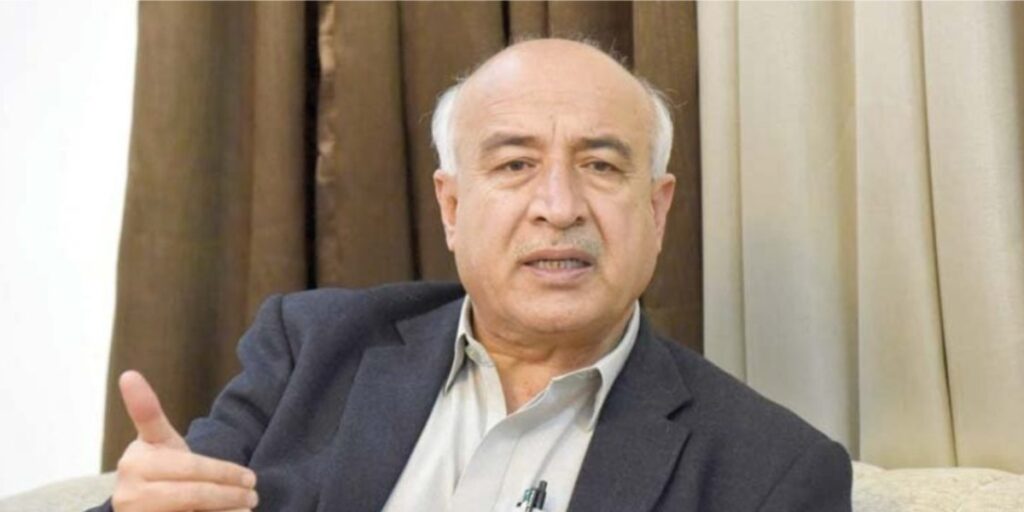DERA ALLAH YAR: The National Party held a major regional workers’ convention here, bringing together its top leadership to discuss organizational strategy and criticize the current state of governance in Balochistan.
The convention, held at the Municipal Corporation Hall, was chaired by the party’s Provincial President, Aslam Baloch, with Central Secretary General Kabir Ahmed Muhammad Shahi as the special guest. Dozens of central and regional leaders addressed the gathering, which also included a session where workers could question the leadership directly.
In their speeches, party leaders made strong political statements. They vowed not to compromise on what they termed “national democratic politics” and accused “undemocratic forces” of imposing an “artificial leadership” on Balochistan. They claimed this has led to a peak in lawlessness, with the government having little practical writ in the province.
The speakers also condemned what they described as conspiracies to evict people from their ancestral lands in the Naseerabad area. They declared that the Sibi and Naseerabad regions have become centers of corruption, leaving people vulnerable to poverty, disease, and insecurity.
The party paid tribute to its late leaders and reaffirmed its commitment to organizing across Balochistan on political and ideological grounds.
Recently the National Party NP has strongly criticised the government’s decision to integrate the Mastung Levies Force into the police, calling the move a damaging attack on the region’s social and tribal fabric.
In an official statement, the party’s Mastung district spokesperson described the decision as “extremely unfortunate, unwise, and ignorant” of Balochistan’s historical context. The spokesperson argued that the Levies Force is a cornerstone of traditional local governance and has served as a vital link between the state and the people for decades.
The party warned that absorbing the Levies into the police force would severely disrupt the long-standing systems of local autonomy and tribal harmony in Baloch society. They labelled the merger a form of “administrative abuse” and a dangerous push towards over-centralisation.





